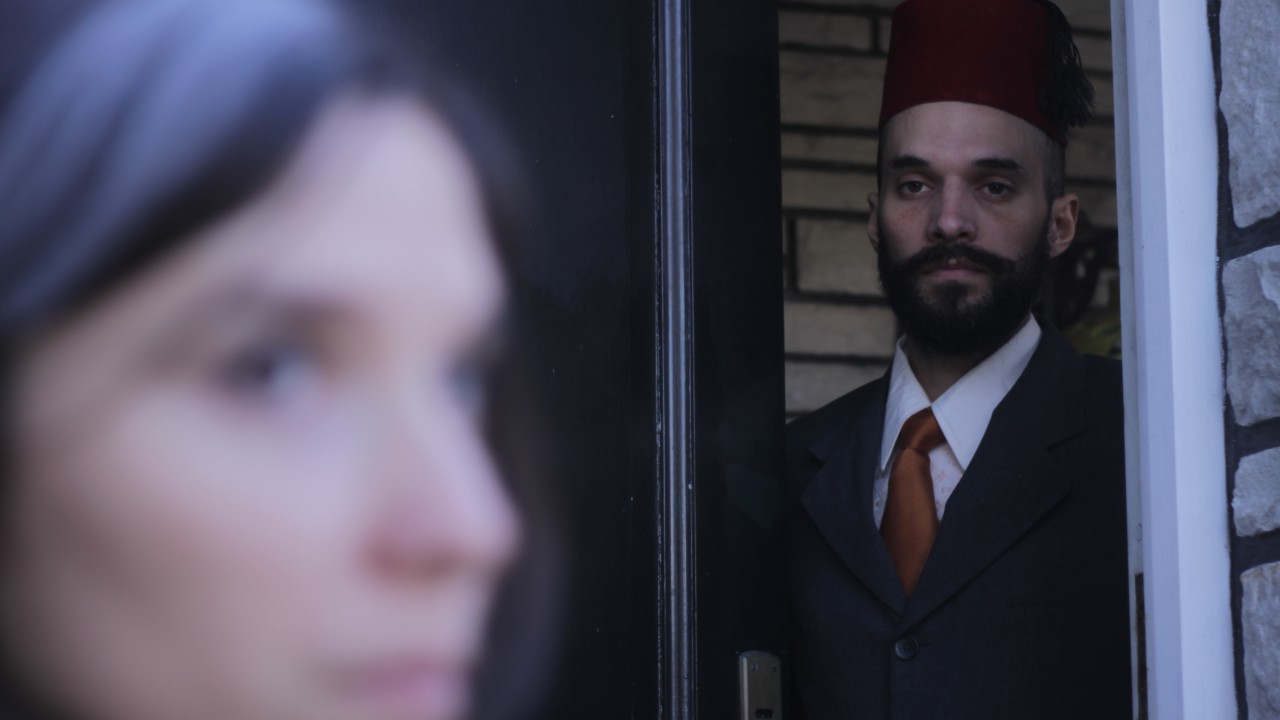
The Extraordinary Stories of Mariano Llinás
Mariano Llinás (b. 1975) occupies a crucial yet unclassifiable place within contemporary Argentine and world cinema as an outlier who reinvents traditional forms of cinematic narrative in bold and wonderful defiance of the vanguard and mainstream alike. Rejecting the minimalist formalism loosely shared by many of today’s great film auteurs and the maximalist THEMES of award-driven Industry movies, Llinás embraces cinema as a different kind of narrative art, a mode of intoxicating and enlightening storytelling in a constant state of radical potential. Beginning with Historias Extraordinarias and continuing in his über-obra-maestra La Flor, Llinás unfurls vast canvases that he fills, patiently and passionately, with a multitude of intimate and often fantastical fables, emotionally charged adventures that fragment, intertwine and implode with energies drawn from the twice-told tales of historic film genres and modernist literature. Both epic and epigrammatic, Llinás’ films are multi-chaptered and multi-layered—combining musical melodrama with spies and assassination plots, cursed mummies with Wild West desperados—and inserting introspective double portraits into complex ensemble pieces. There is a literary taproot to the boundless imagination of Llinás’ deeply cinematic masterworks, but the branches rise high into the cinematic firmament. The radically inventive writings of Borges and Bolaño are recognizable as clear inspirations for Llinás’ ceaselessly unspooling narrative adventures, but equally important, in tone and spirit, are the Romanticism of Robert Louis Stevenson, the chronicle adventures of Jack London and the fantasies of Jules Verne. Even closer still to the palpitating hearts of Historias Extraordinarias and La Flor are the films—the many, many films—that seem to have been lovingly devoured and reconstituted in novel but recognizable forms, genre films of all kinds, but most of all those deliberately minor and unfettered works, the B-films of the studio era created in a spirit of freedom not possible for bigger pictures; the kind of film, as Llinás says in the preamble to La Flor, “that the Americans used to make with their eyes closed and now cannot or do not want to anymore.”
The films of Mariano Llinás renew the promise and adventure of cinematic narrative. But they are also explorations of performance and the rapturous enigma of cinematic presence, of the star and her ability to transform and transfix, to hold the film and our hearts in her hands. The same four actresses who star across the six different episodes of La Flor push to a furthest extreme Llinás’ fascination with mutable performance. Flickering across the different roles played with distinct inflection by Elisa Carricajo, Valeria Correo, Pilar Gamboa and Laura Paredes is an ideal of cinema and beauty itself as a wondrously elusive constant, a mode of unquenchable desire.
The Harvard Film Archive is delighted to welcome Mariano Llinás for a three-night screening of La Flor, joined in dialogue with fellow Porteño filmmaker Matías Piñeiro whose own films, screened and celebrated on several occasions by the HFA, are evidentiary tributes to the cinema’s all-too-often unrealized potential. – Haden Guest











